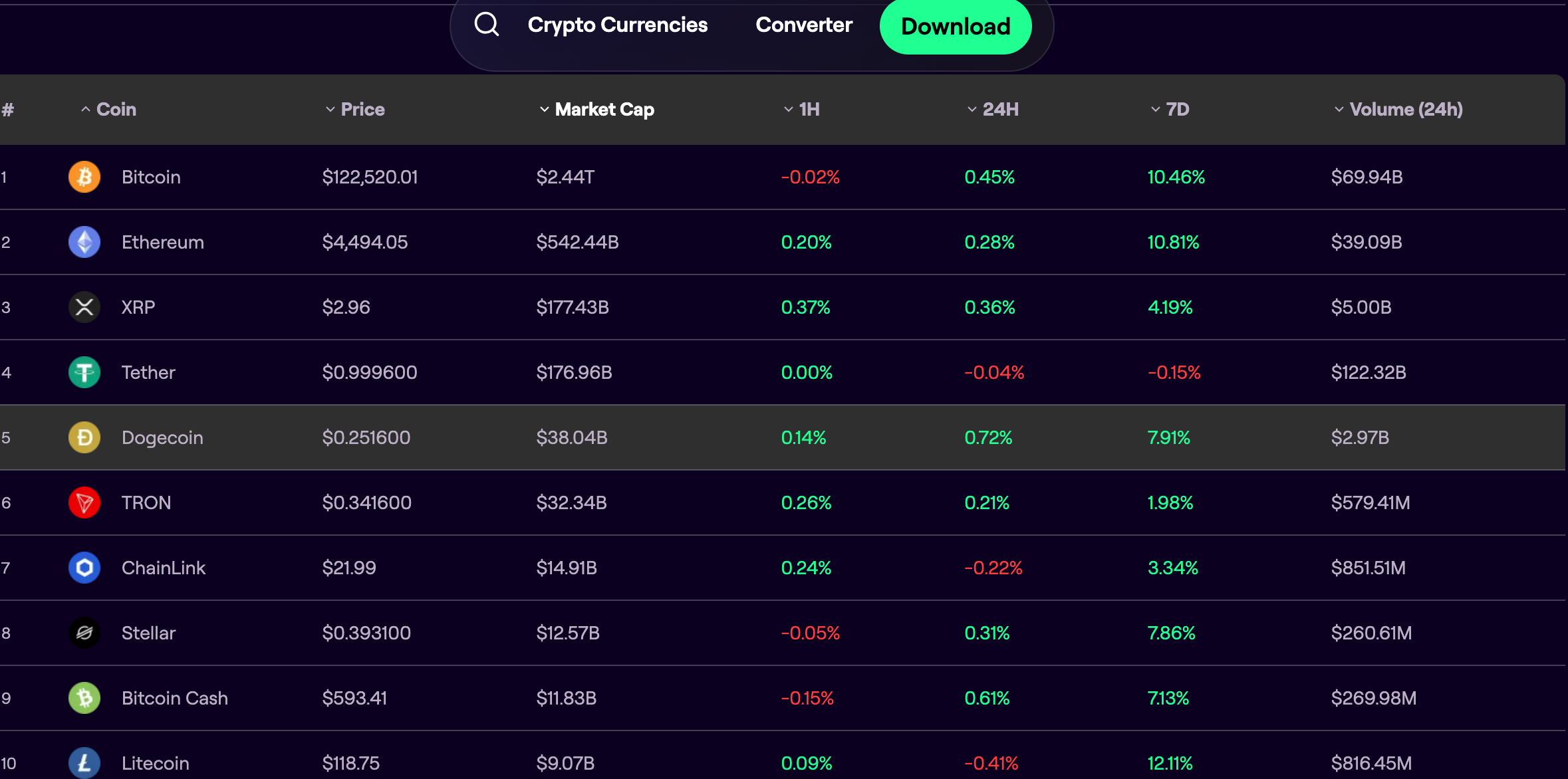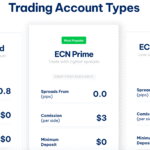MarijuanaCoin Scam Review — A Risky Platform
Introduction
The cryptocurrency space has become a breeding ground for themed projects promising innovative solutions and massive returns. Among these, MarijuanaCoin emerged with strong claims of revolutionizing cannabis-related transactions through blockchain. At first glance, it sounded exciting — a digital currency tailored for the booming cannabis industry. However, behind the buzz and green branding lies a disturbing reality that many investors now describe as misleading, opaque, and potentially fraudulent.
This review dives deep into what MarijuanaCoin claims to offer, how it operates, the complaints investors have raised, and the major red flags that expose it as a likely scam platform.
The Concept Behind MarijuanaCoin
MarijuanaCoin was promoted as a cryptocurrency designed to serve the cannabis community. Its developers claimed it would allow secure, decentralized transactions for marijuana businesses and enthusiasts — bypassing the banking restrictions often faced by the cannabis industry.
The idea was to use blockchain technology to simplify payments, reward users, and support marijuana-related marketplaces worldwide. It promised:
-
Fast and secure transactions.
-
A growing network of participating vendors.
-
A token designed for long-term value appreciation.
-
A team of “experienced blockchain developers” working on global adoption.
While these claims seemed legitimate at first, closer inspection revealed inconsistencies, missing information, and a lack of real technical progress.
Promises That Never Materialized
A major red flag with MarijuanaCoin is that almost every promise made by the project failed to manifest. The so-called cannabis marketplace never launched, the roadmap vanished, and community updates slowed to a halt.
Early supporters who bought tokens or mined them were left with worthless holdings and no clear path forward. The supposed partnerships with dispensaries and product suppliers were never verified, and the project’s communication channels became inactive soon after launch.
Many who followed the project from its inception now believe MarijuanaCoin was created purely for quick financial gain by its founders — not to serve any real business purpose.
Anonymity and Lack of Transparency
A trustworthy crypto project must be transparent about its leadership, roadmap, and technology. In MarijuanaCoin’s case, almost nothing is verifiable. The team’s identities were hidden behind pseudonyms, and there’s no evidence of registered business operations or physical headquarters.
No LinkedIn profiles, no verifiable biographies, and no corporate records. The blockchain explorer data available for the project shows only minimal activity, raising further doubts about whether the network was ever functional at scale.
Anonymous developers in crypto are not unusual, but when paired with broken promises, vanished websites, and untraceable funds, anonymity quickly becomes a massive red flag.
Fake Hype and Market Manipulation
MarijuanaCoin gained short-term attention during its early marketing phase through aggressive online promotion. Paid influencers and social media accounts hyped it as the next big “green revolution” in crypto. Fake testimonials and staged reviews appeared across forums and blogs, all describing impressive returns and quick profits.
However, the trading volume was artificially inflated through wash trading — a common manipulation tactic in scam projects. After the initial hype faded, liquidity dried up, and token value plummeted almost overnight. Those who tried to sell their holdings found there were no real buyers left.
This is a textbook “pump and dump” model, where early insiders profit from inflated prices while late investors lose everything.
Investor Complaints and Common Issues
Many investors who got involved with MarijuanaCoin share similar experiences. Their stories paint a picture of deception and financial loss. Here are the most frequent complaints:
-
Inaccessible Funds – Users reported that tokens became impossible to withdraw or trade once exchanges delisted the project.
-
Disappearing Developers – After collecting enough funds from initial investors, the development team went silent and removed their online presence.
-
Website Shutdown – The official website and communication channels went offline shortly after token sales concluded.
-
No Technical Support – Investors received no replies to emails or messages after funds were deposited.
-
Worthless Tokens – The coin’s value dropped to near zero within months, leaving holders with digital assets they could not convert or sell.
These consistent complaints reveal a project that likely never intended to fulfill its promises in the first place.
Absence of Regulatory Oversight
One of the strongest indications that MarijuanaCoin operates outside legitimate business boundaries is the absence of any recognized regulation or licensing. There’s no registration with financial authorities, no company name legally tied to the project, and no compliance disclosures.
Legitimate cryptocurrency initiatives typically publish documentation proving they are operating within legal frameworks. MarijuanaCoin failed to do so at every level. The token’s creators seem to have built the entire operation to remain hidden from accountability.
This lack of transparency makes it virtually impossible for investors to pursue justice or compensation once their funds are lost.
Signs of a Scam
By analyzing its operations, claims, and community history, several clear indicators show that MarijuanaCoin matches the pattern of a scam project:
-
Anonymous Developers: No public leadership or traceable organization.
-
Fake Promises: Claims of partnerships and marketplaces that never existed.
-
Sudden Disappearance: Developers vanished after collecting investment funds.
-
Artificial Hype: Early marketing relied on fake reviews and social media bots.
-
Liquidity Trap: Investors could buy tokens but not sell them later.
-
No Product Development: No updates, no blockchain activity, no progress reports.
Together, these behaviors are consistent with countless crypto scams that have emerged and vanished over the years.
Community Reaction
When users began to realize they’d been misled, forums and online groups quickly filled with angry posts. Victims shared screenshots of failed withdrawals, deleted announcements, and ignored messages. Some claimed they invested significant savings expecting to participate in a genuine cannabis-based blockchain project.
Unfortunately, by the time the truth surfaced, the team had already deleted major online accounts and possibly liquidated investor funds.
The community consensus today is nearly unanimous: MarijuanaCoin was a scheme dressed up as an innovative idea.
Technical and Structural Issues
Aside from the human and financial red flags, MarijuanaCoin also suffered from serious technical flaws. Several blockchain analysts noted that the project’s code was largely copied from existing open-source projects with minimal customization.
The “unique features” described in promotional materials were either generic or entirely non-functional. The so-called hybrid proof-of-work and proof-of-stake system never operated as claimed. This lack of originality and weak infrastructure further undermines any argument that MarijuanaCoin was a legitimate long-term crypto solution.
The Illusion of Legitimacy
Like many fraudulent crypto projects, MarijuanaCoin worked hard to look legitimate during its launch. The branding was clean, the website professional, and the social media activity appeared organic. The developers even created the illusion of a vibrant community through giveaway events and flashy graphics.
But beneath the surface, the project had no working partnerships, no technical depth, and no legal foundation. Once enough attention (and funds) were collected, the operation quietly faded away — leaving investors with empty wallets and hollow promises.
Expert Observations
Industry analysts reviewing MarijuanaCoin have pointed out that it fits almost every classic scam model used in the cryptocurrency world. These include:
-
Using niche marketing (in this case, cannabis) to target emotionally driven investors.
-
Launching tokens without real-world application.
-
Disappearing once the market cools or funds are collected.
-
Using “decentralization” as an excuse for lack of accountability.
Experts warn that projects like MarijuanaCoin prey on communities that are new to crypto and attracted to trendy industries, combining two high-risk factors into one perfect scam formula.
What Should Investors Learn?
The MarijuanaCoin story serves as an important reminder for everyone interested in cryptocurrency investments. Before investing in any project, always verify:
-
The team’s identity and background.
-
The existence of a real product or platform.
-
Whether the token has real-world use cases.
-
Licensing and compliance with financial authorities.
-
Liquidity levels on credible exchanges.
If any of these elements are missing, treat the project as unsafe — regardless of how exciting or innovative its branding sounds.
Conclusion
MarijuanaCoin promised a revolutionary blockchain solution for the cannabis industry but delivered nothing more than false hope. Its anonymous developers, failed roadmap, untraceable funds, and unresponsive communication channels make it indistinguishable from a typical cryptocurrency scam.
While its concept appealed to a specific audience, the execution was hollow from the start. Investors who participated learned an expensive lesson about due diligence and the dangers of hype-driven digital assets.
-
Report MarijuanaCoin and Recover Your Funds
If you have fallen victim to MarijuanaCoin and lost money, it is crucial to take immediate action. We recommend Report the scam to BOREOAKLTD.COM , a reputable platform dedicated to assisting victims in recovering their stolen funds. The sooner you act, the greater your chances of reclaiming your money and holding these fraudsters accountable.
Scam brokers like MarijuanaCoin persistently target unsuspecting investors. To safeguard yourself and others from financial fraud, stay informed, avoid unregulated platforms, and report scams to protect. Your vigilance can make a difference in the fight against financial deception.





